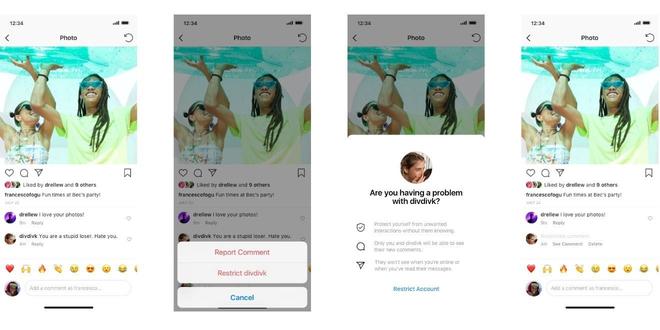Can bullying justify the change of last name? Comment on this news Access to comment as a user
Although the general rule of article 29 of the Civil Code is that no one can change their name or surname or make additions to them, the exception is that this can be modified if there are justified reasons and there is judicial authorization.
In this sense, teasing, insults and any other manifestation of bullying can be understood as a "justified reason" and make it possible to change the last name of the victim.
This was recently established by the Permanent Civil Chamber of the Supreme Court when resolving Cassation No. 835-2016-Ayacucho, published on January 3, 2019 in the official newspaper El Peruano.
Let's review the facts. A woman filed a lawsuit requesting the variation of the first surname of her son. He argued that his child had "Melchor" as his paternal surname, a situation that led him to be a victim of bullying by his schoolmates, since they used to give him nicknames such as "el choro López" or "la melchorita". This, the mother affirmed, caused the minor to suffer a loss in his personal self-esteem, as well as severe psychological afflictions. Along these lines, the plaintiff requested that her son be given the surname "Bromley", since this was the surname of the minor's older brother, in addition to the fact that the child used to identify himself that way.
In the first instance, the lawsuit was declared founded, since it was shown that the minor was the object of ridicule by his schoolmates; situation that originated in him mixed traits of anxiety and depression that affected his academic performance.

In second instance the sentence was revoked and, reforming it, it was declared unfounded. It was held that the acts of harassment suffered by the minor did not constitute a valid justification for changing his paternal surname. The ad quem maintained that these facts constitute a case of bullying that should be treated, punished and eradicated through the guidelines of Law No. 29719 (Law that promotes coexistence without violence in educational institutions) and not with the modification of its last name, since this not only violated their right to identity, but also constituted a way of giving in and encouraging illegal and violent behavior that violated the dignity of the minor.
Finally, the Supreme Court annulled the hearing sentence and, reforming it, decided to ratify the sentence that declared the request for a change of surname well founded. The supreme magistrates stated that it was proven, through the psychological report, that the minor had been suffering a psychological disorder in his personal self-esteem as a result of the mockery and mockery of his fellow students, which was having a negative impact on the academic performance of he.
In addition, the Supreme Court stated that it had been proven that the minor had been using the name “R.M. Bromley L. ”, with whom he used to be known in his friendly, family and social environment; which shows that the paternal surname "Melchor" had lost its identifying role.
It is worth noting that the cassatory judgment had a dissenting vote, where the following was expressed: "Even though it is true that a person's name can be judicially modified when it is necessary to safeguard the different rights that derive from the principle of human dignity, in this case there is no valid justification to maintain that the alteration of the minor's name constitutes the appropriate means to enable the enjoyment of such rights; therefore, this end of the appeal must be dismissed”.
You You can download this interesting matching here and/or read it in our Scribd file:
Cas.Change-of-name by on Scribd







